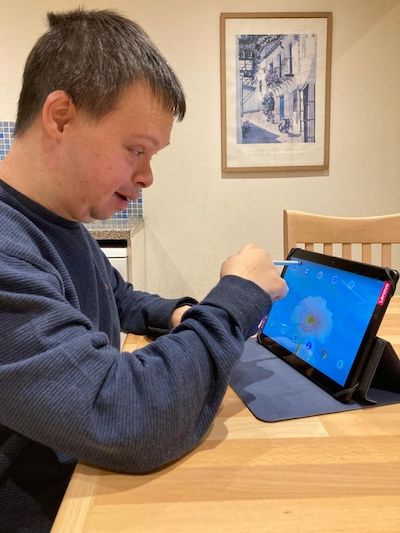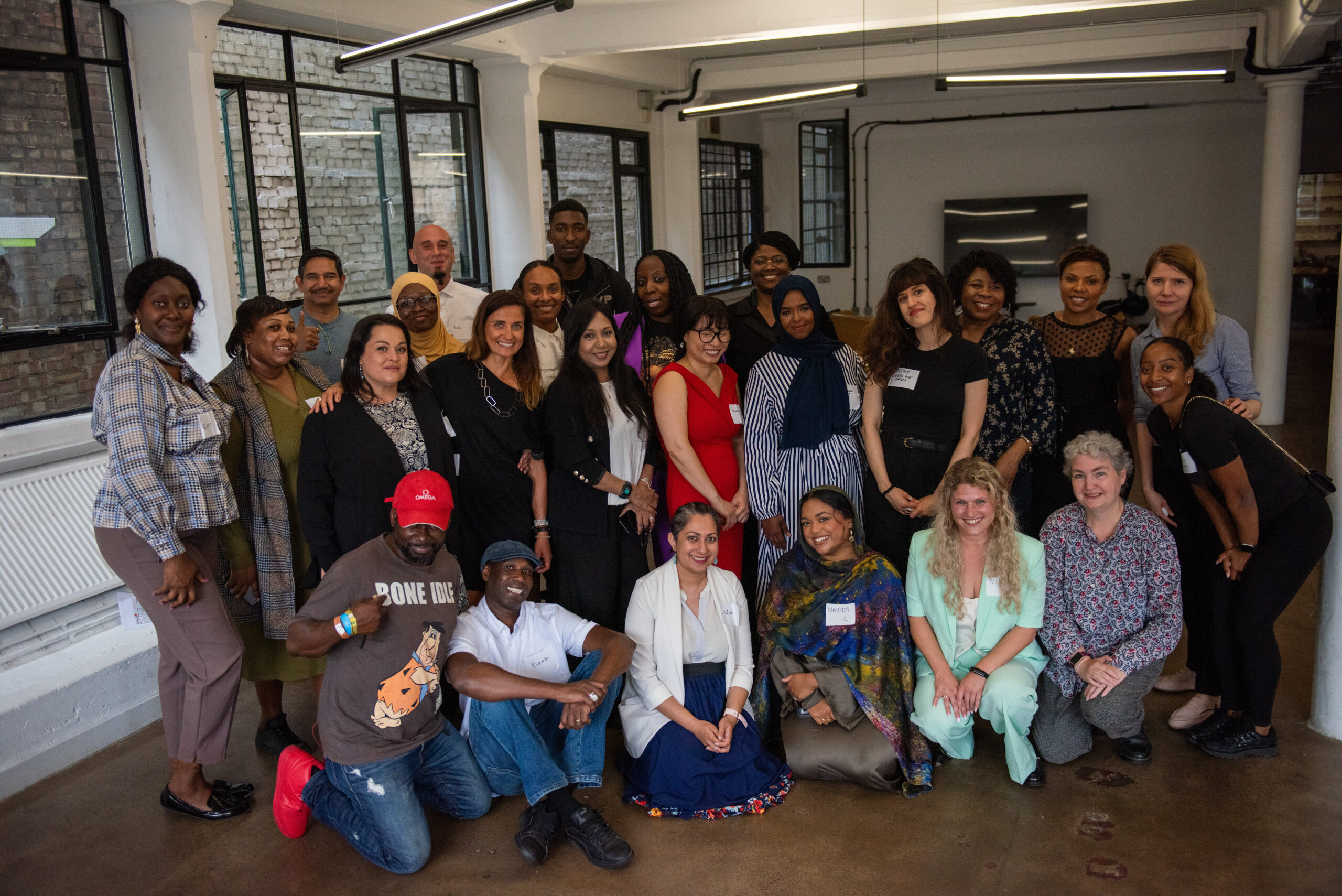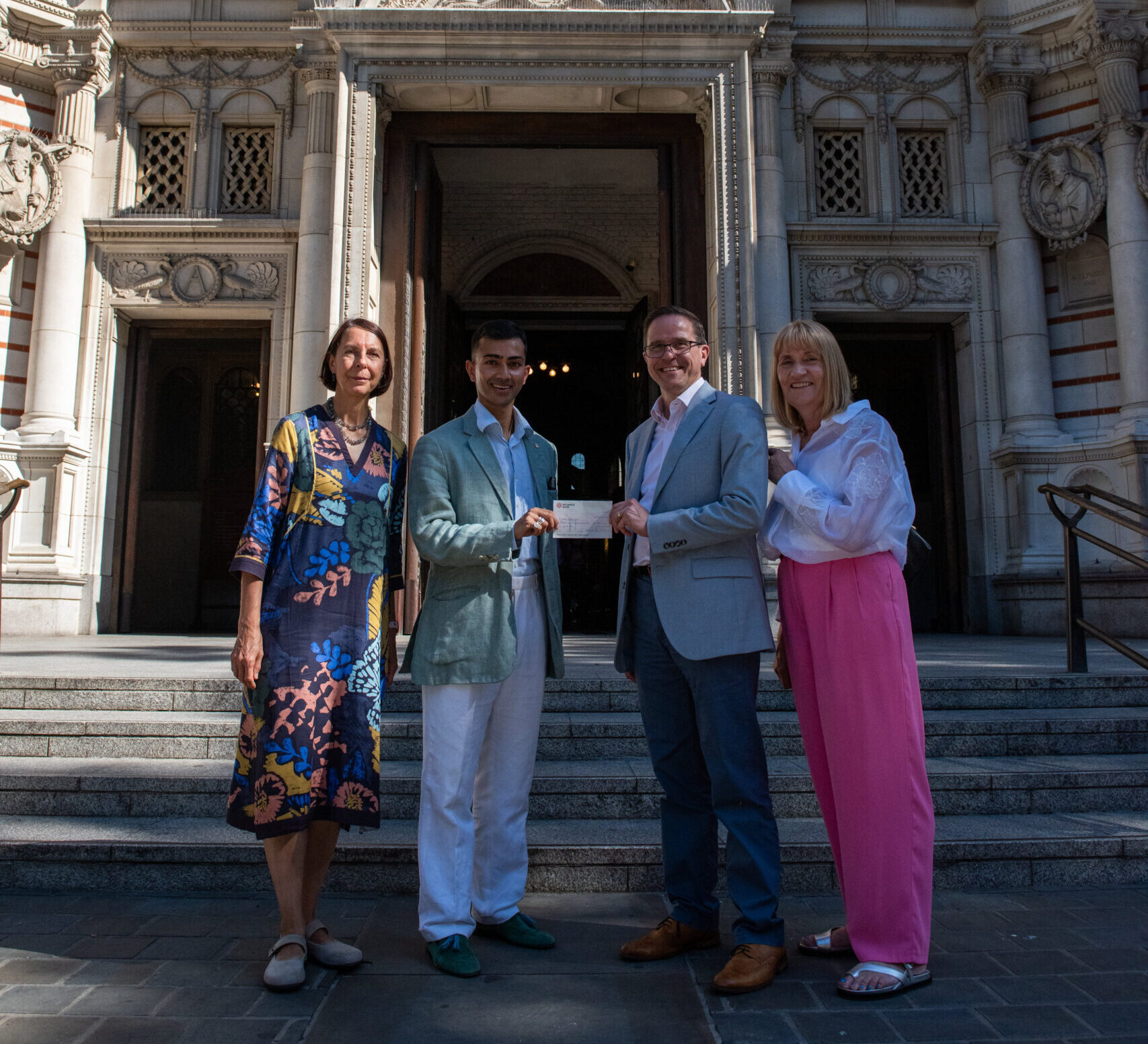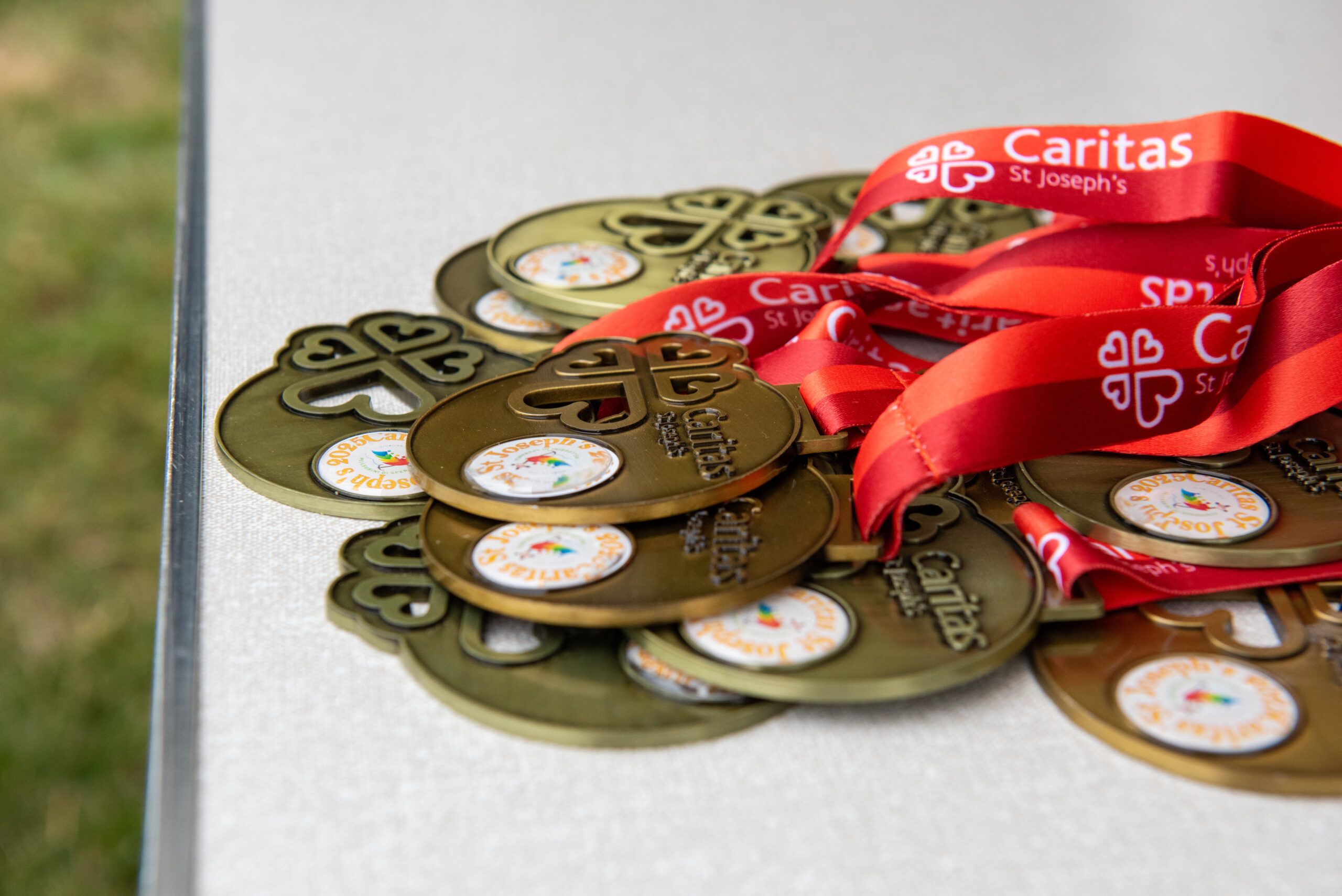Thirty-three students at Caritas St Joseph’s now have their own digital devices and can connect more easily with friends, and family and their courses. The Life Long Learning Centre for adults with learning disabilities, based in Hendon, North London, were able to access tablet computers for their students thanks to a partnership with the Good Things Foundation and funding from DevicesDotNow and the Department for Digital, Culture, Media and Sport.
The tablets came with Mi-Fi devices – enabling them to tap in directly to the mobile network without needing broadband installed – and a selection of useful software, enabling the students to connect with friends, watch educational or entertaining programmes, or listen to music. And on-going technical support is provided by Digital Buddies, five of whom are based at the Centre in Hendon.
Eight students received their devices last Autumn and a further twenty-five were delivered in April – a time when many students still hadn’t returned to face-to-face classes at St Joseph’s.
Even while the Centre was open during the Autumn term and again since Easter, around fifty students stayed away for the sake of their physical health, and were at risk of isolation and loneliness, which could affect their mental wellbeing. At Caritas St Joseph’s mental health and inclusion are top priorities, and their importance has increased during the pandemic: According to the government’s ONS data, three in four people (74.6 percent) with a learning disability believe their wellbeing has been affected by the impact of coronavirus, compared with 37 percent of non-disabled people.
After only a few weeks the students who received the tablets in April were reporting feeling less lonely, and 64 percent had gained confidence in digital communication skills. They have been using the devices for a range of activities including video-calling friends and family, getting health information, developing interests and hobbies, or for education, training or work.
Sixty percent of the students said they felt better connected to their friends and family and 52 percent felt less lonely. Importantly 43 percent also felt they had learnt more about online safety. This all contributed to a general increase in confidence among those who had received the devices.
For the carers of these men and women, it has been a relief to see their loved one better able to connect with the world and to learn new skills and access important information. Many of them told the staff at Caritas St Joseph’s how useful the devices have been:
One family member said: “It’s nice to have something that’s just for him, for example the TV is shared by the whole family but this is just for him! thank you so much to the charity. We would like him to learn how to use the piano [app], and electric drum. For people who are vulnerable and not able to get out by themselves this is a lovely thing to do.”
Another carer reported that her loved one is “so happy that she got it because she can listen to music, watch YouTube and play puzzle games”
The feedback shows that it is especially important for those with a learning disability to know that the device belongs to them – they can choose what they will use it for, and are free to follow their own interests. One student is very keen on catching up with the news but music is a favourite and often has a great impact on wellbeing. For example, one parent reported on the impact on her son who has severe autism: “He can be on the move a lot with a short attention given to activities, so mostly uses the tablet with the support of his carer who plays classical music to him. This has had a positive affect and he will sit calmly until the end of a song”
These photographs show two students making good use of their new devices:






